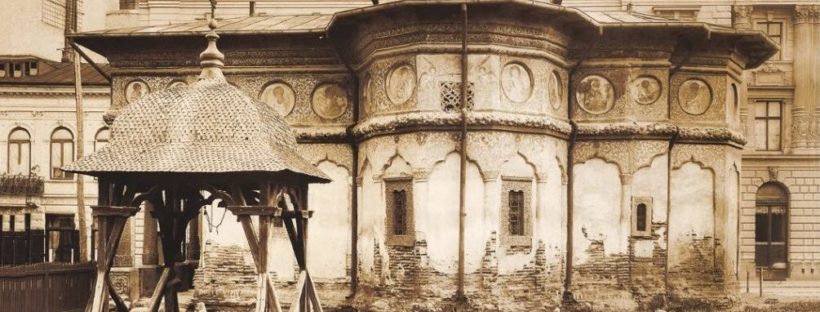Venue: Room RZ F 21, IFW RZ Building, Clausiusstrasse 59, CH-8092, Zürich
Program
7 July 9.00 – 16.15
9.00 – 9.20: Welcome and introduction
9.20 – 10.30: Ottoman Empire and the Turkish State
1. Belgin Turan Özkaya, Middle East Technical University
Hagia Sophia as “cosmopolitan heritage” in the nineteenth century
2. Ümit Firat Açikgöz, American University of Beirut
Predicaments of Heritage: Negotiating Architectural Preservation in Post-Ottoman/Early Republican Istanbul (1923-1949)
10.30 – 10.50 Coffee Break
10.50 – 12.35: Habsburg Galicia
3. Magdalena Kunińska, Jagiellonian University, Cracow
The political and theoretical context for the activities of Paweł Popiel (1807‒1892) as the as the conservator in Galicia against the discourse of the multinational empire
4. Tomasz Torbus, Gdansk University
Reconstructions, Deconstructions, (Over)Interpretations – the case of the Royal Castle at Wawel in Cracow 1908-1945.
5. Olha Zarechnyuk, Center for Urban History of East Central Europe (Lviv, Ukraine)
History is More than Beauty: Reassessing Lviv’s Architectural Heritage in the Late Habsburg Period
12.35 – 13.35 Lunch
13.35 – 14.45: Habsburg Dalmatia
6. Jiayao Jiang, ICCROM (International Center for the Study of the Preservation and Restoration of Cultural Property), Rome
Vicko Andrić and the restoration projects for Split: The Italian approach in the Dalmatian context
7. Jonathan Blower, Independent Researcher
The Episcopium Question
Imperialism and Irredentism in the Custodianship of Diocletian’s Palace, 1850–1924
14.45 – 15.05 Coffee Break
15.05 – 16.15: 20th Century Hungary
8. Deodáth Zuh, LERN, Institure of Philosophy, Budapest
Heritage destruction, heritage creation, and the lost art of classicism.
Reshaping early 19th-century Hungarian cityscapes before and after the First World War
9. Helka Dzsacsovszki, Technical University of Munich
Restoration of the Medieval Royal Palace of Esztergom, 1934-1938:
Methodological influences and ministerial patronage for the promotion of national identities
17.30 – 19.00 Optional Walking Tour of Zürich
19.00: Dinner
—
8 July: 9.00 – 12.45
9.00 – 10.45: The Balkans in the 19th and 20th Century
10. Katarina Jevtic-Novakovic, Academy of Technical and Art Applied Studies Belgrade, Gordana Fontana-Giusti, University of Kent, UK
The Restoration and Promotion of Architectural Monuments in Serbia and the Role
of Jovan Sterija Popovic and the National Museum
11. Cosmin Minea, ETH, Zürich
Restorations, the Politics of Heritage and Studies About Historical Monuments in Modern Romania (1860-1940)
12. Laura Demeter, Otto Friedrich University Bamberg
Heritage restoration and protection in Romania’s changing political context (1919-1948)
10.45 – 11.00 Coffee Break
11.00 – 12.45: The Russian Empire and the Russian State
13. Natia Natsvlishvili, George Chubinashvili National Research Centre for Georgian Art History and Heritage Preservation (Tbilisi, Georgia)
Imperialism and Architectural Restoration: The Case of Manglisi Cathedral
14. Igor Demchenko, University of Kassel
The Rise of “Scientific Restoration” in the First Soviet Decade
15. Katharina Schwinde PhD; Ettersberg Foundation, Weimar
Monument Protection and Promotion of Architectural Monuments in the Solovetsky Forced Labour Camp 1920–1939
12.45: Lunch followed by an optional trip nearby Zurich
